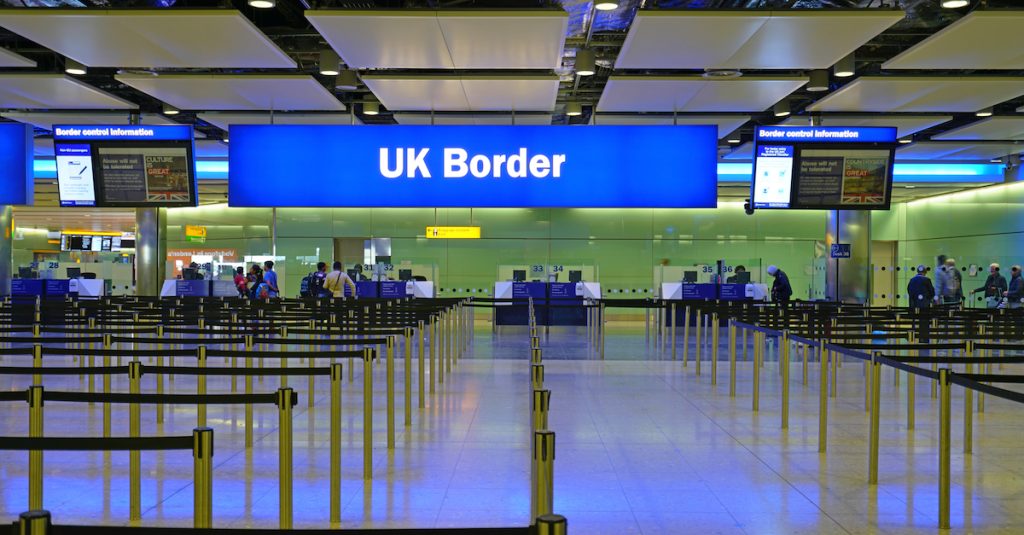Next week, Heathrow Airport will experience significant disruption as approximately 600 Border Force officers go on strike for four days. The action is a response to changes in work patterns.
The strike arises from a decisive vote by the Public and Commercial Services Union, representing a large majority of workers dissenting against the proposed roster changes that threaten job security for many, especially affecting those with disabilities or caring responsibilities.
Set to unfold from April 11th to April 14th, the strike by Border Force officers at Heathrow has come about due to a 90% vote from union members. The proposed shift changes, according to the union, may result in up to 250 officers losing their positions by the end of the month.
Fran Heathcote, PCS general secretary, spoke out, urging ministers to retract the proposals. She highlighted the unjust nature of dismantling flexible work conditions essential for maintaining the workforce’s security.
A spokesperson for the Home Office expressed disappointment over the union’s strike decision, yet asserted their priority remains securing borders.
Preparations are underway to handle the busy travel days during the strike period, ensuring that necessary personnel are in place to meet demands efficiently.
The upcoming strike aligns with one of the busiest travel weekends, intensifying concerns over delays.
These industrial actions are symptomatic of larger issues in governance and labour relations, where job stability remains a critical point of contention.
The government’s stance on maintaining robust border security is clear, yet there’s an evident need for dialogue between the union and officials to reach a resolution. Strikes such as these pose challenges but also highlight essential discussions about worker welfare.
The impending strike action by Border Force officers at Heathrow reveals deep-seated issues regarding employment conditions and worker rights in critical national security roles.
As talks between the union and the government remain tense, the impact on the travelling public hangs in the balance, calling for urgent resolutions to stave off disruption.

